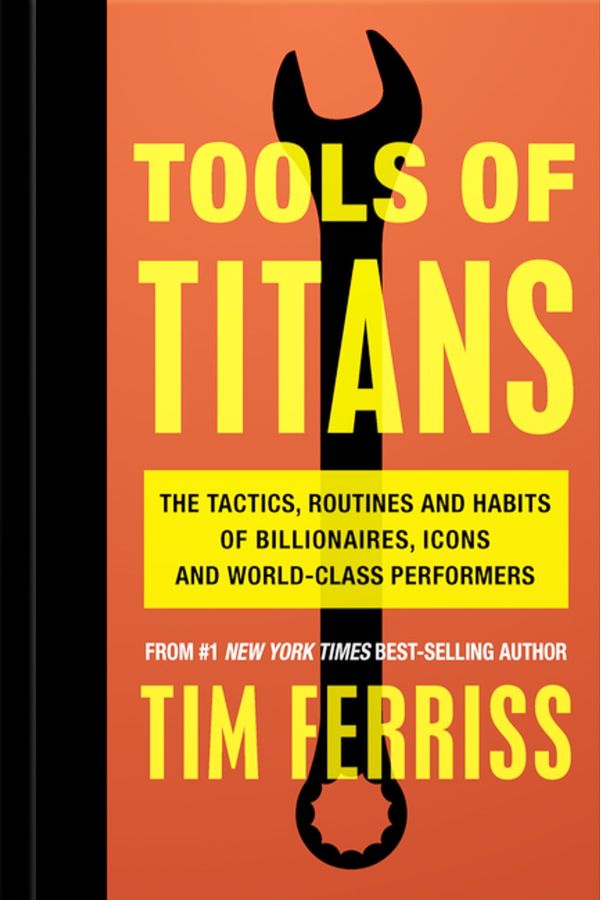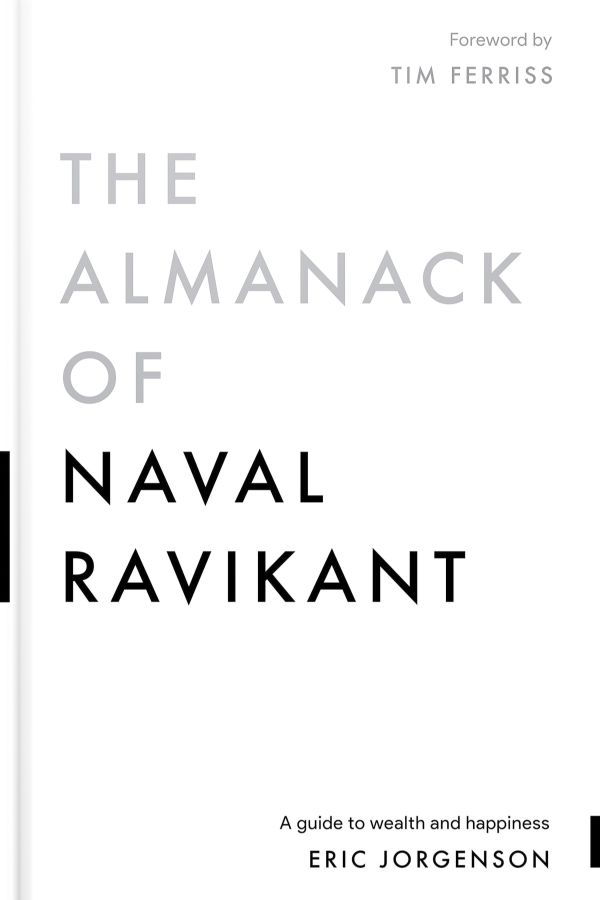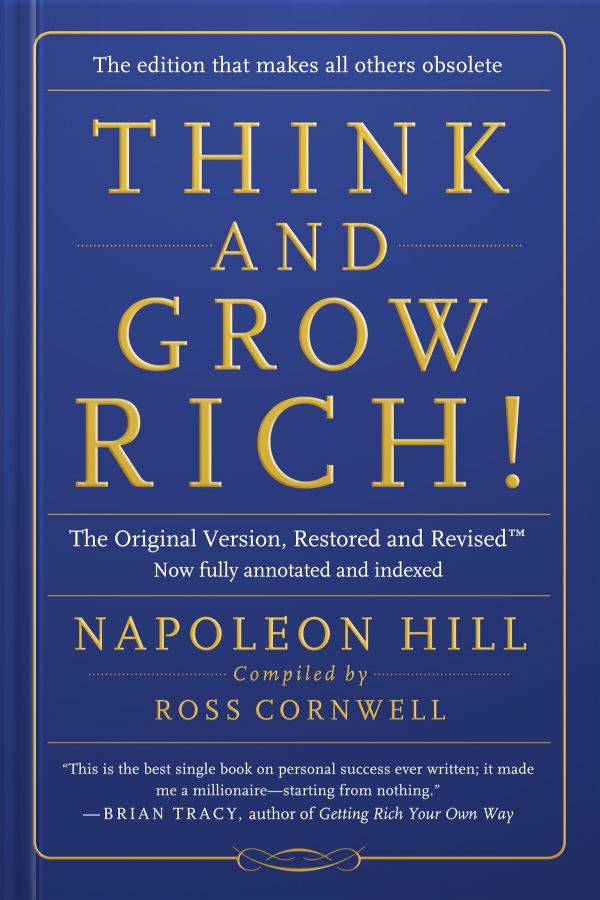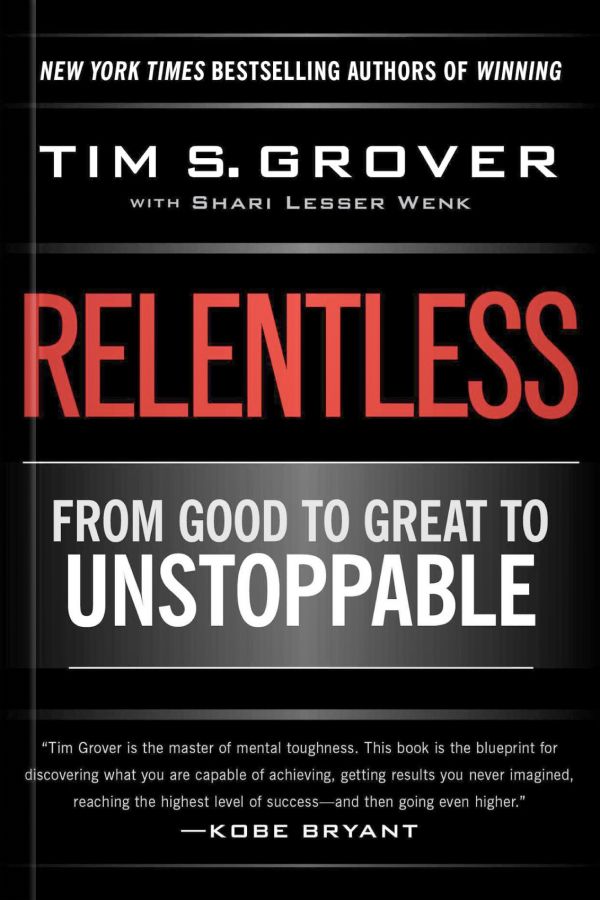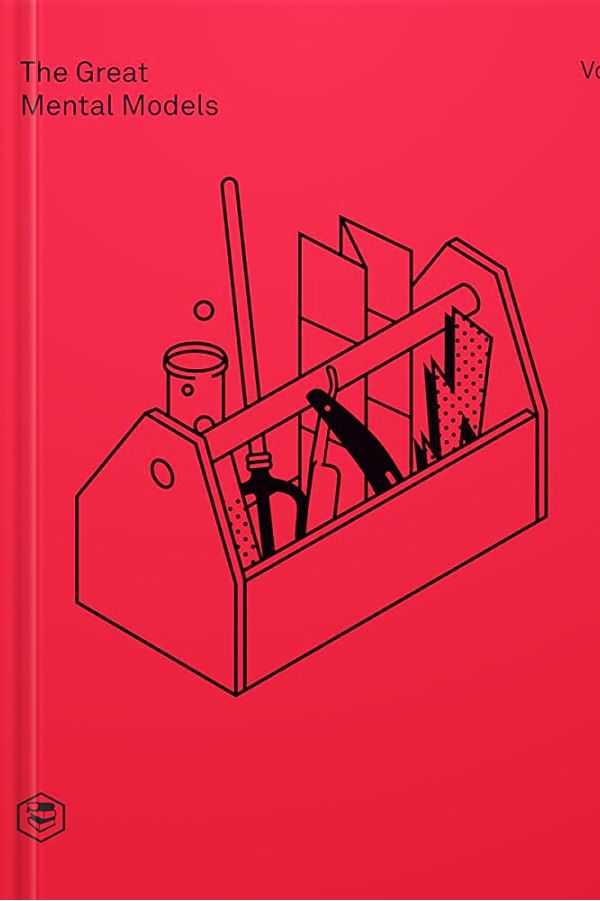
Psychology
General Thinking Concepts
1. The Art of Thinking
Thinking well isn't exclusively about genius—it's about utilizing effective processes to uncover reality and make informed decisions.
The book emphasizes the value of learning from others and applying their knowledge to enrich our own thinking.
2. Discipline of Mastering Knowledge
Parrish and Beaubien advocate for the discipline of mastering the best of what others have figured out. T
his implies not just passive absorption, but active learning, questioning, and applying other people's insights in our context.
3. Interacting with Reality
The authors posit that the true test of our understanding of reality is action.
As they put it:
"The only way you’ll know the extent to which you understand reality is to put your ideas and understanding into action."
4. Updating From Interactions
Our failures to adapt from interacting with reality come from not having the right perspective, ego-induced denial, and distance from the consequences of our decisions.
The authors underscore the need for humility and awareness to update our views.
5. Correcting Mistakes
Parrish and Beaubien quote Confucius:
“A man who has committed a mistake and doesn’t correct it, is committing another mistake.”
This emphasizes the importance of learning from and rectifying our errors.
6. Exploiting Unrecognized Simplicities
The authors point out that most geniuses prosper not by deconstructing complexities but by exploiting unrecognized simplicities.
This lesson challenges us to seek simplicity in our thinking and decision-making processes.
7. Ego and Outcomes
The authors suggest:
"Wrapping ego up in outcomes instead of in ourselves makes it easier to update our views."
This urges readers to separate personal ego from outcomes to improve decision-making.
8. The Enemy of Good Decisions
Parrish and Beaubien identify a lack of sufficient perspectives on a problem as the chief enemy of good decisions.
This suggests that diverse perspectives can enrich our understanding and improve our decisions.
9. Maps and Territories
The authors state:
"If a map were to represent the territory with perfect fidelity, it would no longer be a reduction and thus would no longer be useful to us."
They emphasize the importance of accepting that all models are approximations of reality.
10. All Models Are Wrong
They further elaborate:
"Remember that all models are wrong; the practical question is how wrong do they have to be to not be useful."
This cautions readers against blind reliance on any model or theory.
11. Avoiding Assumptions of Malice
The authors assert:
"Always assuming malice puts you at the center of everyone else’s world."
This lesson encourages us to adopt a more objective outlook and avoid making negative assumptions about others' intentions.



